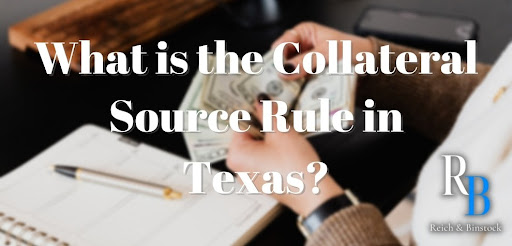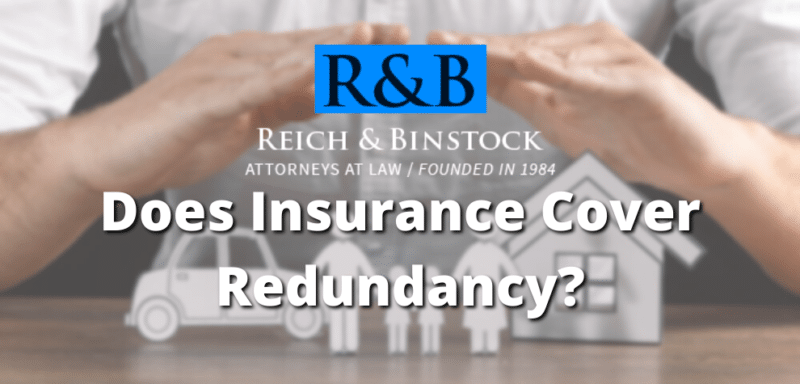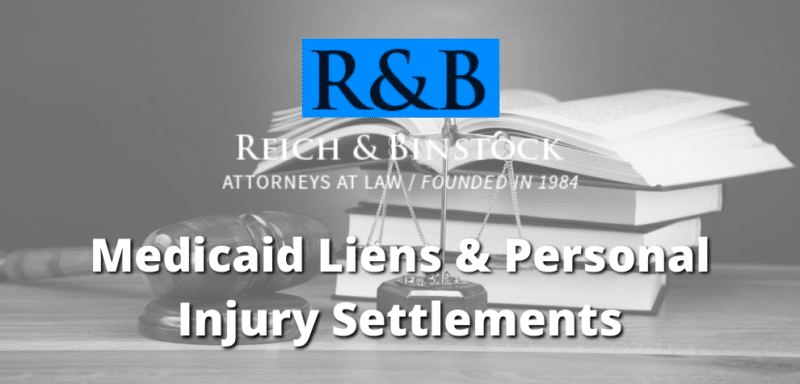HOUSTON FIRE INSURANCE CLAIMS LAWYER
Houston Fire Insurance Claims Help
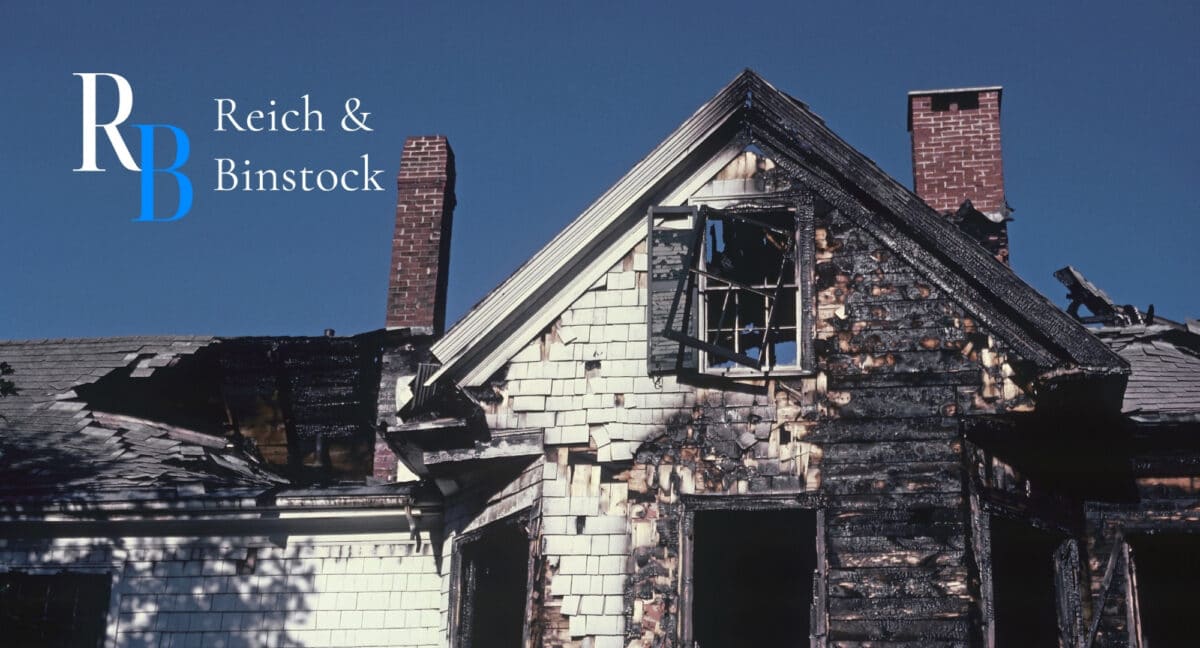
Fires are dangerous, destructive, and powerful forces. They have no problem completely destroying homes and reducing them to nothing more than a pile of ashes. Unfortunately, these terrifying experiences are all too common across Texas and the United States. Recently, the Hermit’s Peak fire in New Mexico destroyed hundreds of homes. Many people file fire insurance claims every year to recover compensation.
In fact, the National Fire Protection Association estimates that fires caused $14.8 billion in property damage during 2019. They also caused approximately 3,700 deaths and 16,600 injuries. That’s a devastating amount of loss. Fire insurance claims are often costly, yet complicated processes.
While not every fire leads to complete and total loss of a home, small fires still lead to costly repairs or replacements. In the aftermath of any fire, an insurance policyholder expects that their insurance company will work with them to recoup their losses. However, this is not always the case.
Insurance companies often make the process more difficult than it should be, as they don’t want to pay out for your losses. With the help of a fire insurance claims lawyer at Reich & Binstock, you can begin asserting your rights as a policyholder. If you believe your claim was wrongfully denied or if you are concerned about your claim, please give us a call at 713-622-7271 for a free consultation.
How Does Fire Insurance Work?
Fire insurance is a common form of insurance coverage that protects policyholders from losses after house fires. It covers many costs up to your policy limits, including the following:
- Temporary living expenses, such as a motel bill or hotel accommodations
- Fire damage repair costs
- Smoke damage repair costs
- Property replacement costs
- Cost of lost personal items
- Cost of meals that go beyond normal living expenses while you are not in your home
- Additional living expenses related to displacement from the home
It even covers damaged or destroyed personal property that is not attached to or inside the home. Examples include outdoor landscaping, fences, garages, and sheds. While fire insurance coverage is included in the average homeowners’ policy, it usually comes with certain exclusions. Review your fire damage and smoke damage insurance policy with a skilled legal professional to understand what exclusions you face.
Fire Insurance Claims Examples
There are different kinds of property owners in the world, whether they own residential properties, rental properties, or commercial properties. Thus, there are also different types of property damage claims that one can submit to their insurance company. House fires or commercial property fires can be minor or completely devastating. Below, we include some different fire insurance claim examples.
- Minor smoke and soot damage with minimal to no fire damage
- Million-dollar home fire claims of expensive properties
- Fire loss claims for small businesses
- Commercial fire insurance claim involving losses of expensive assets
- Historically-recognized buildings suffering damage or total loss
- Department store fires that affect multiple businesses
Total Loss Fire Claim
A total fire loss claim involves damage that exceeds the exact value of your policy. As an example, let’s say a fire devastated your home, causing upwards of $600,000 in fire damage. If your policy only covers up to $400,000 in fire damage, your insurance company will only pay up to your policy limits. Unfortunately, you will have to cover the cost of further damage out of pocket.
The insurance company’s opinion will likely be that you were underinsured. This means that you should have paid higher insurance premiums in order to cover the actual cash value of your personal property. It’s important to regularly check your home insurance in case you might face additional costs in the claims process. Property owners are responsible for ensuring that their home insurance claims do not exceed their policy limits.
Commercial Fire Damage Claims
A commercial fire insurance claim works similarly to a house fire claim. However, there are a few key differences between the two. The main difference is the potential value of the fire insurance claim. While a house fire can cause hundreds of thousands in damage for property owners, commercial properties are often worth millions. This usually means the fire insurance claim process will be more complicated for commercial property policyholders.
Fortunately, there are a number of ways to deal with the insurance claim and the insurance adjuster in a more effective manner. Firstly, you could contact a licensed public adjuster. Licensed public adjusters often specialize in home insurance or fire insurance claims, especially for businesses. Oftentimes, they even fight against an insurance carrier trying to handle claims in bad faith.
The other option is speaking with a fire insurance claim lawyer who specializes in commercial property claims. We can work with you and the public adjuster to ensure your best interests are protected. In many cases, public adjusters are much more helpful than any insurance company adjuster that might show up.
How To Deal With an Insurance Adjuster After a House Fire?
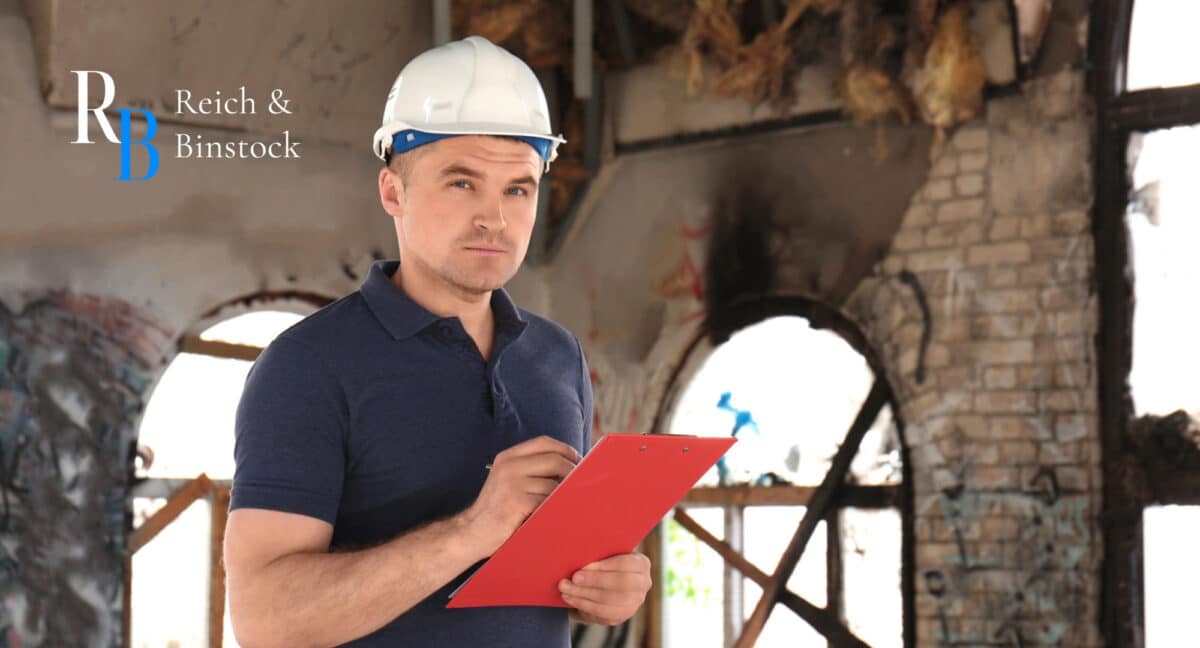
Nobody wants to deal with insurance adjusters after they suffer property damage. After a fire, things get even more complicated. However, it is possible to simplify the process and make your communications with the adjuster less stressful.
To help ease your fire insurance claims process, try the following:
- File the claim as soon as you’re able. Complying with your policy is highly important, especially when it comes to filing your claims within the given timeframe. If you fail to do so, the company will hold that you forfeited your right to a claim.
- Request advance payments. In some cases, this is a more necessary step. For example, maybe you fully evacuated your home and cannot safely return. Advance payments help cover basic necessities that you could not pack before evacuation.
- Mitigate damages and secure property. Basically, insurance policies ask that you try to prevent further harm to your property.
- Track your expenses. If your policy offers reimbursement, it is important to keep a careful record of expenses in the form of receipts and bills.
- Don’t rush. Insurance companies sometimes insist that you close your claim quickly. We advise that you do not let them pressure you into accepting a lowball offer. Before making any moves, contact a fire insurance claims lawyer right away.
What Does Fire Insurance Cover?
This type of property coverage covers damages to property, as well as other losses that occur in the event of a fire. Generally, it covers repairs or replacements for damaged property within the home, as well as any necessary accommodations while your home is not usable. Additionally, it covers the loss of personal belongings, lodging, meals, and normal living expenses up to the limits of the policy.
But what about what fire insurance does not cover? This is equally as important to understand as what it does cover. Most insurance policies exclude very specific types of damage, such as that caused by war, nuclear radiation, or other similar circumstances. Additionally, it does not cover deliberate fires to the home. Vacant homes also do not receive coverage if the home was vacant for at least 30 consecutive days prior to the fire. It is possible, however, to purchase vacant homeowners insurance. Depending on the state you live in, policies sometimes exclude coverage for other events, or even charge higher premiums.
What To Do After a House Fire?
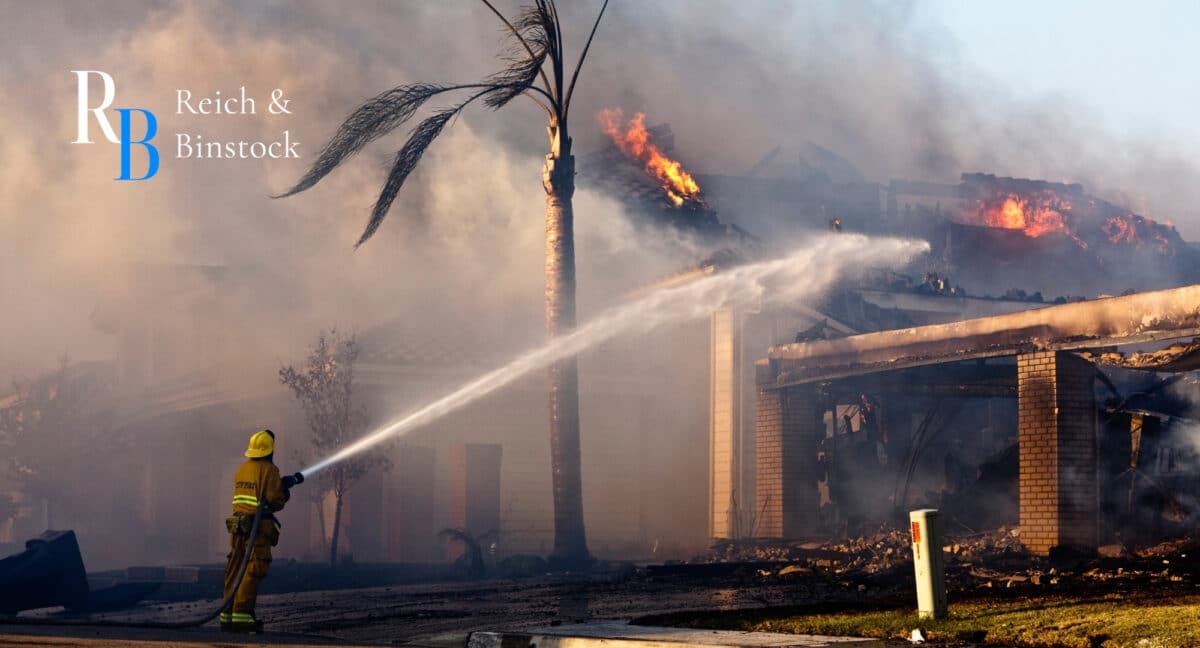
We understand that, after any kind of fire, you’re likely stressed and worried about what happens next. It’s important to prepare a plan in case of a fire.
A few recommendations for what to do following a house fire include:
- Find somewhere to stay. Especially after a bad fire, most people cannot stay in their homes afterward. First, try to find a family member or close friend to stay with. If this isn’t possible, then contact your local disaster relief agency for guidance.
- Contact your insurance agency and begin your claim. Try to do this as soon as possible after the fire, as many insurance policies have time limits on filing claims.
- As much as possible, protect your home from further damage or unlawful entry.
- If you have pets, take them for a checkup at the vet. Even if they seem fine at first, inhaling any amount of smoke can cause damage, and sometimes burns hide under the fur.
- Ask for a copy of the fire report from the local fire department. In many cases, these are helpful for fire insurance claims.
- Even if your home is completely destroyed, you are still responsible for mortgage payments. Address these finances and replace the credit or debit cards destroyed in the fire.
- Recover possessions destroyed by the fire. Typically, insurance companies offer the value of your lost items in cash. Keep a home inventory to ensure that you receive full payment.
- Contact a fire insurance claims lawyer. Coping with a disaster is hard enough. Let an attorney do all the heavy lifting while you and your family focus on your mental health and wellbeing.
How Do I Prepare for a Fire Insurance Claim?
Before ever filing your claim, there are a few steps you can take to better handle the insurance company, the insurance agent, and the insurance adjusters. These include:
- Identify and document every piece of personal property that you lost or that was damaged in the house fire.
- Don’t throw anything away. It’s easier to prove that you lost something if you keep it long enough for an insurance adjuster to document the damage.
- Put together a list of information to share with the insurance company’s adjuster. The list should include: the date of the house fire, the type of damage you suffered, the location of the damage, any injuries you suffered from the fire, the condition of your home before and after the fire, descriptions of all damaged objects, a list of necessary repairs, and a police report about the incident.
- Hire a public adjuster and an attorney as soon as possible
What is a Dwelling Fire Insurance Policy?
These policies offer a wide range of coverage options, as well as flexibility. It is actually quite similar to a homeowners insurance policy. Protections often include explosions, vandalism, wind damage, lightning damage, and fires. However, unlike homeowners insurance policies, which cover everything except the listed exclusions, dwelling fire insurance only covers listed perils.
Depending on your specific policy, these may or may not cover both the structure of the home as well as its contents. Additionally, policies usually either reimburse you for the cash value of your home in a claim or simply pay for the cost of replacement. Many people who have older homes with prior loss claims choose dwelling fire insurance policies, as well as those with secondary homes and/or rental properties.
How Does Homeowners Insurance Work After a Fire?
Most homeowners insurance policies cover fire damage and losses. Generally, it helps to pay for repairs or replacements of the home after a fire. Specifically, fires that are sudden or accidental receive coverage under these policies.
Examples include chimney fires, electrical fires, forest fires, wildfires, and accidental fires.
Those items which receive coverage include:
- The structure of your home
- Your belongings within the home
- Structures on the property
- Relocation costs and expenses in the event that your home is unlivable
Immediately after the fire, you must file fire insurance claims with your insurance company. The sooner you do this, the better your reimbursement is likely to be. Generally, insurance policies have upward limits of coverage, meaning that it is possible to reach the maximum amount that your company will pay.
Who Is Liable for Fire Damage?
It’s important to understand that certain parties could be held liable for a house fire or other property fire. Arson is one unsavory possibility as to how a house fire starts. However, this is not the cause of most fires. Rather, they are started due to negligence or carelessness.
Other possible causes of fires include:
- Someone leaves an oven on or food cooking on the stove accidentally
- Smokers throw away their cigarette butts before properly putting them out
- Reasonable steps were not taken to prevent children from interacting with fire hazards
- A candle is left burning too long or falls over
- Electrical wiring or outlets were poorly installed or needed to be replaced
- Lightning can strike a building and ignite it
Someone who accidentally or intentionally causes a fire could be held liable for the related damages.
Reasons Insurance Companies Deny Fire Claims
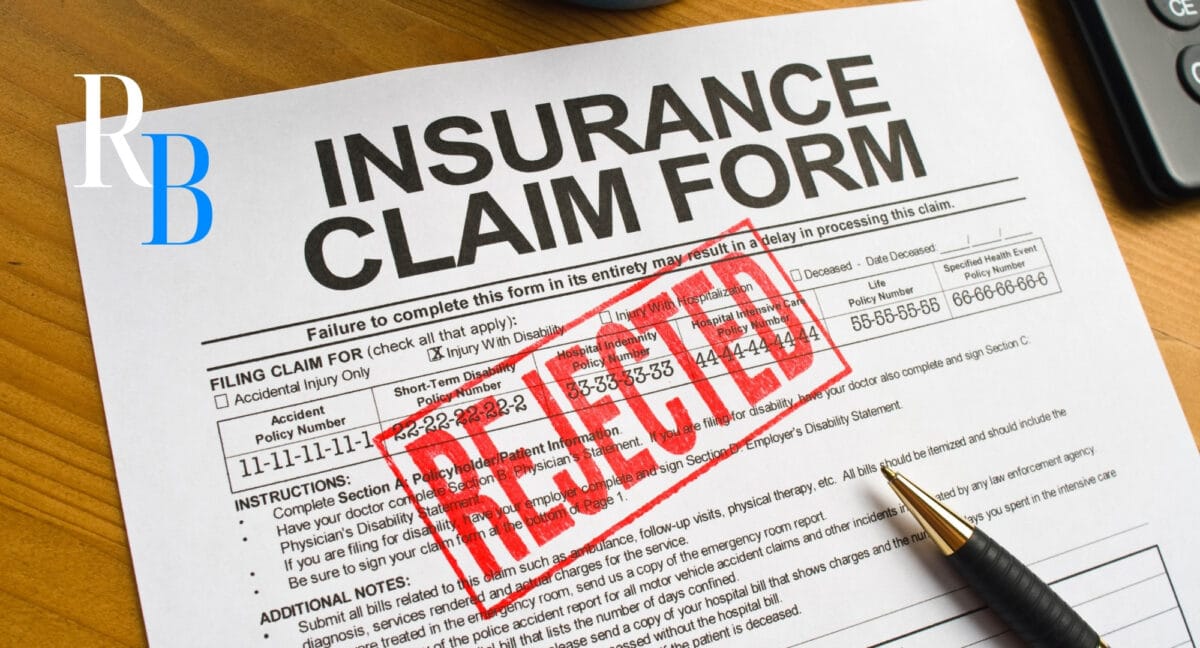
Insurance companies deny claims for a variety of reasons, which sometimes blindsides the policyholder. Having fire insurance claims denied is extremely frustrating, but sometimes the denials are legitimate.
Some common reasons insurance companies deny fire claims inlude:
- Late or missing insurance premium payments
- You reached or exceeded your coverage limits
- Lack of documentation or evidence of your losses
- Filing for losses not included in your policy coverage
- Filing claims past the deadline outlined in your policy
Unfortunately, some insurance companies engage in bad faith insurance practices. If you have reason to suspect that your insurance company wrongfully denied your claim or grossly underpaid you, contact a bad faith insurance lawyer at Reich & Binstock. We help our clients appeal their claims and request further reviews of their claims which look for adjuster errors.
Houston Fire Insurance Claims Lawyer
While it is challenging for most homeowners to read insurance policies and decipher the legal jargon, an experienced lawyer can help. If you feel like your claim has been denied unfairly or that a portion of your property was not fully compensated by the insurer, talk with an attorney about investigating these claims further and filing suit if necessary. At Reich & Binstock, we handle all manner of insurance claims cases, and we look forward to working with you on your case. To schedule a free initial consultation, please call our Houston office at 713-622-7271 today.
There is never a fee unless we recover on your behalf.
Additionally, clients are not obligated to pay expenses if a recovery is not made.














